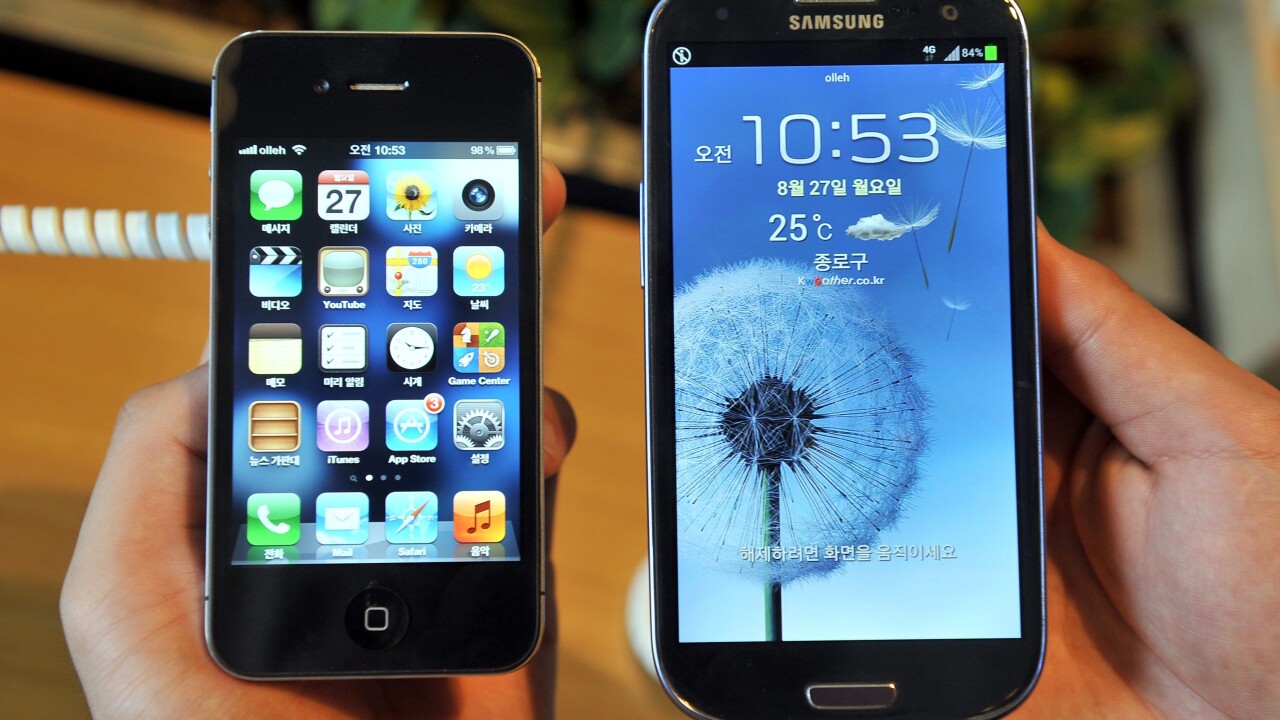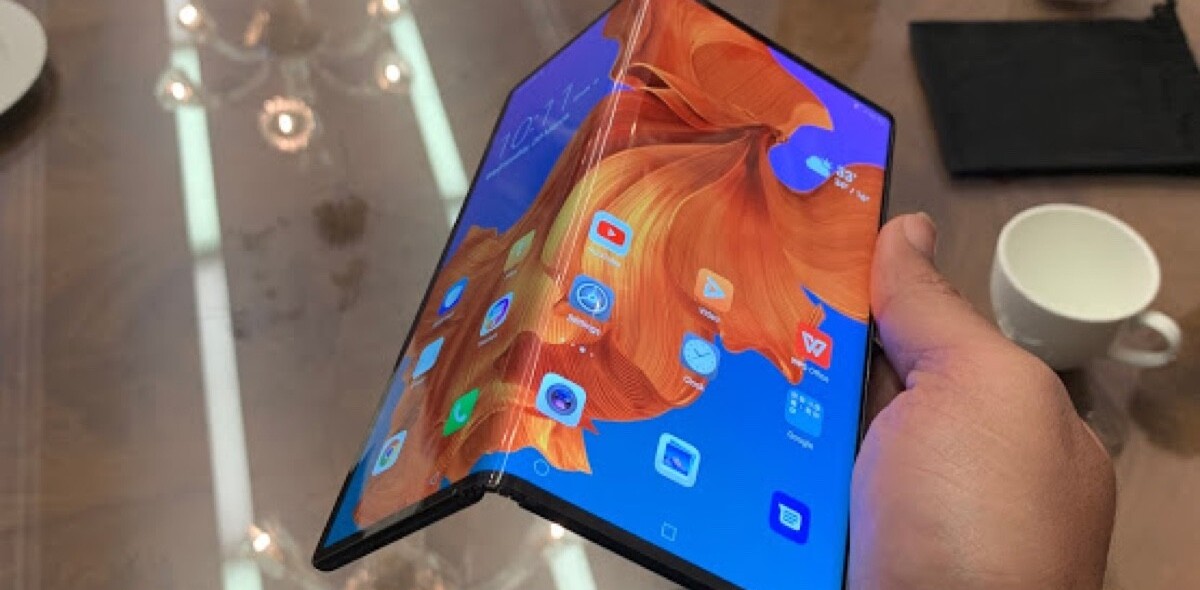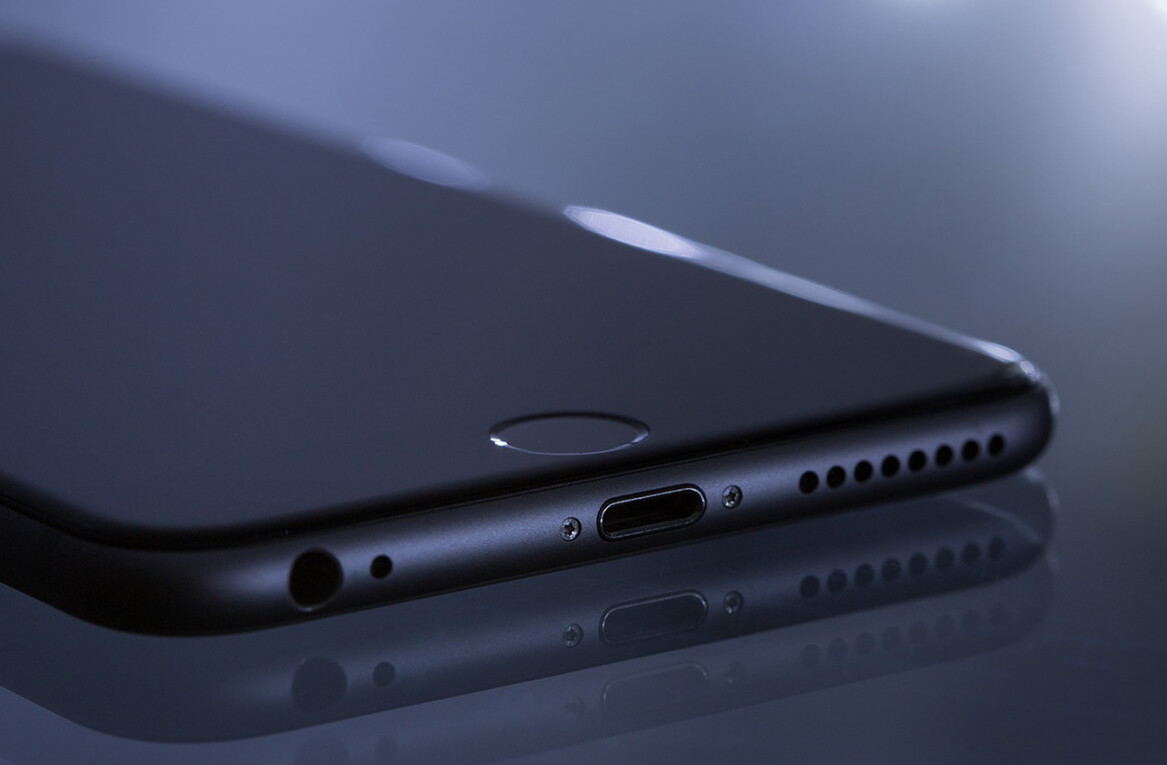
Samsung is still the top mobile OEM in the US, although Apple is very slowly trying to catch up. Rounding out the top five are LG, Motorola, and HTC, all of which continue to lose market share.
The story is similar in the platform space: Google is first courtesy of Android, Apple is second with iOS, but the roles are slightly reversed as Android has grown more than iOS recently. Again, rounding out the top five are RIM, Microsoft, and Symbian, which all continue to lose share.
The latest data comes from comScore, which as usual surveyed over 30,000 mobile subscribers in the US. The analytics firm says 123.3 Americans owned smartphones (53 percent mobile market penetration) in November, up 6 percent since August.
Between those two months, here is how the top five mobile OEMs have fared:
As you can see, Samsung gained 1.2 percentage points from 25.7 percent to 26.9 percent while Apple jumped 1.4 percentage points from 17.1 percent to 18.5 percent. LG fell to 17.5 percent, Motorola dropped to 10.4 percent, and HTC was down to 5.9 percent.
In fact, Samsung and Apple gained a combined 2.6 percentage points while the other three lost 1.9 percentage points together. This means that the duo are even stealing share from OEMs not in the top five.
Last month, we noted that Apple had passed LG, and it looks like the things are going to stay that way. We noted that the iPhone 5 helped put Apple ahead, and that if Google can get enough Nexus 4s to customers, LG could take silver again, but so far, no dice.
Yet even if Google fails with the Nexus 4, it is still doing phenomenally well on the software side:
Apple may be slowly gaining on Samsung in the mobile OEM space, but Android is ahead and growing faster overall when compared to iOS. Google gained 1.1 percentage points between August and November (up from 52.6 percent to 53.7 percent) to further pull ahead in first place. Apple meanwhile increased its share by 0.7 percentage points (moving from 34.3 percent to 35.0 percent).
Once again, RIM was the biggest loser, dropping like a rock as it fell 1.0 percentage points (from 8.3 percent to 7.3 percent). Microsoft lost 0.6 percentage points, despite its Windows Phone push, while Symbian lost 0.2 percentage points, which is to be expected.
Again looking at the winners and losers, Google and Apple gained a combined 1.8 percentage points, while the other three lost the exact same amount. In other words, there’s nobody outside the top five that is making big moves. We are really in a duopoly when it comes to mobile operating systems.
Image credit: Jung Yeon-Je/Getty Images
Get the TNW newsletter
Get the most important tech news in your inbox each week.






